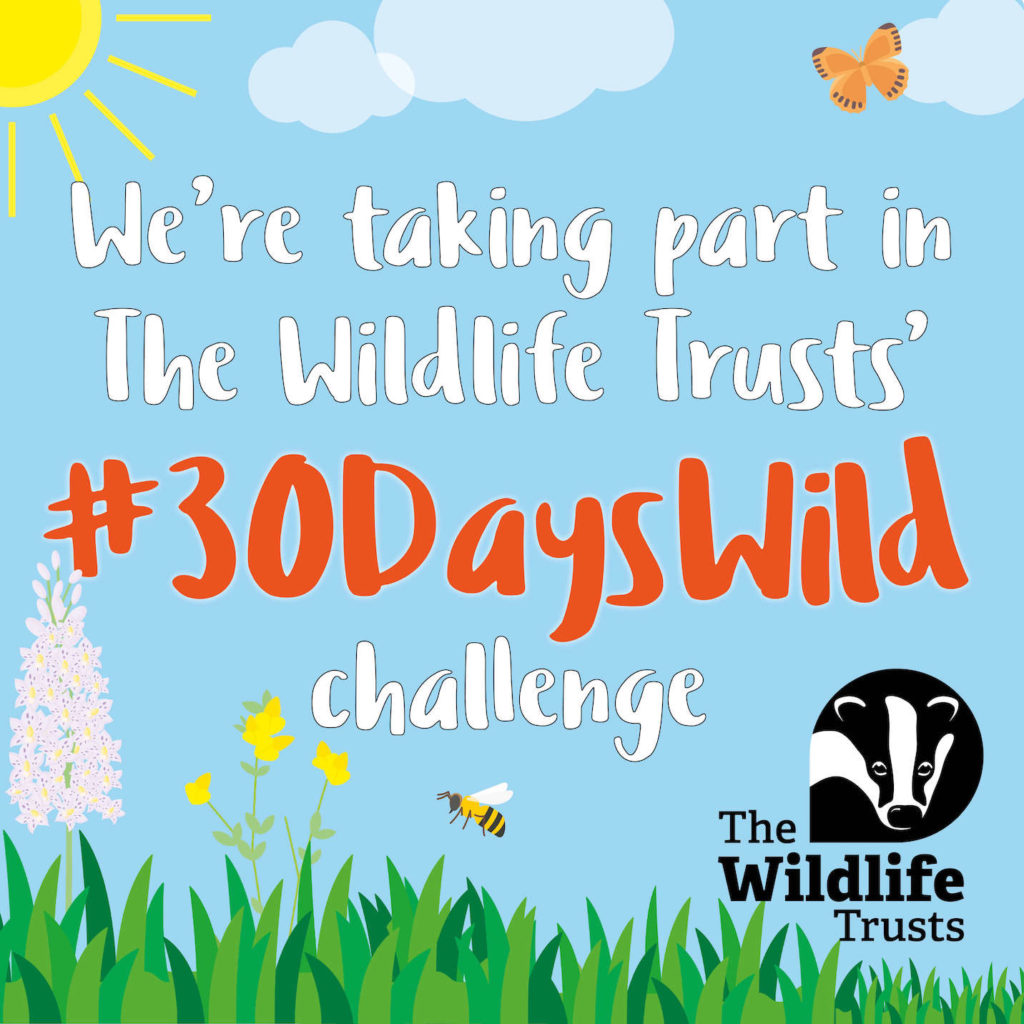

During the month of June, the Wildlife Trust have been running the #30daysofwild challenge containing prompts to encourage us to get outdoors and make positive changes that will impact our local environment.
The campaign saw a staggering 114,246 people sign up to join the challenge this year, which while a staggering figure falls short of their record year in 2020 where 650,000 people took part. Creating an online community of support, ideas and inspiration, the campaign contained brilliant prompts and ideas to help us all get outdoors and get inspired by our local wildlife.
Over the past few weeks, we’ve been sharing our tips, starting with a blue week focusing on water tips, followed by brown for business and finishing with green tips for the great outdoors.
In this part one of our three part #30DaysWild blog series, we’ll be recapping some of the blue tips we shared…
To start the challenge off, we asked you
Can you reduce water consumption at work?
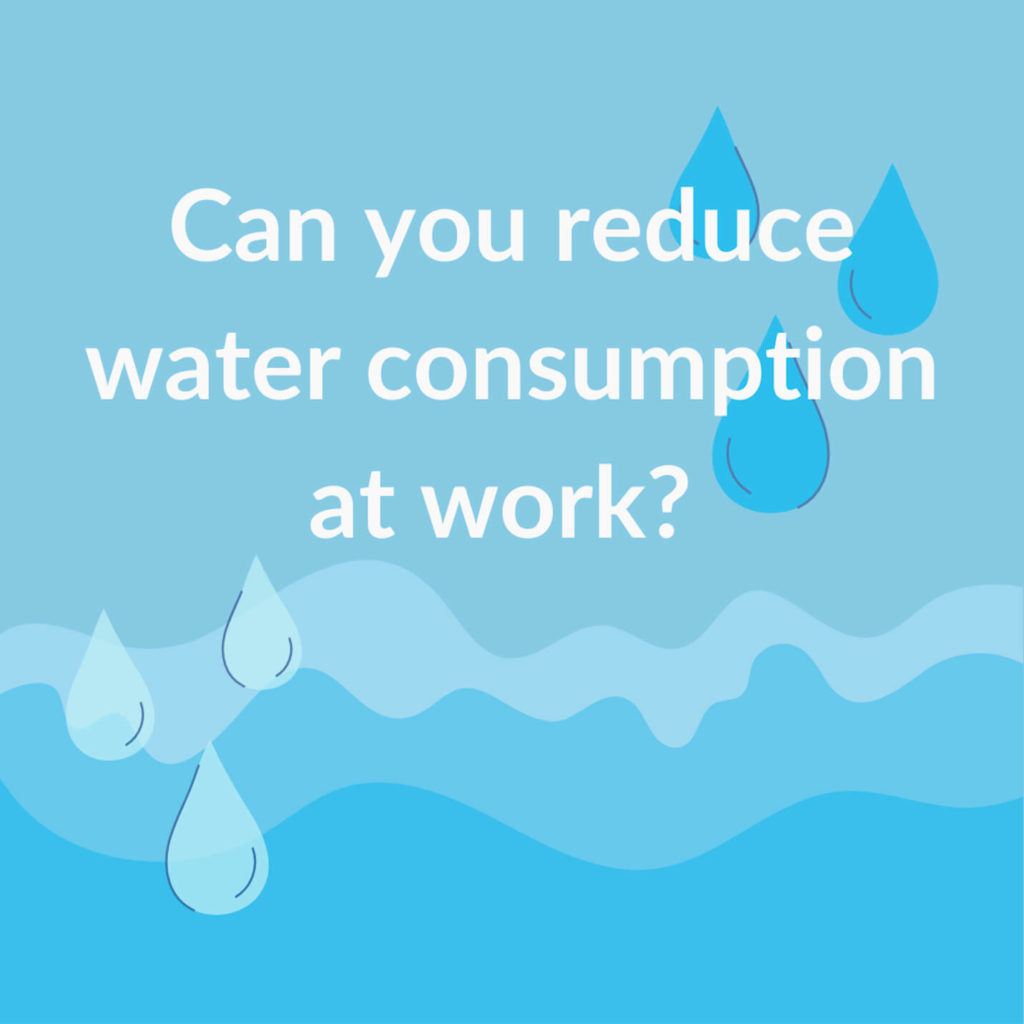
Here were our top tips to help you achieve that reduced water consumption…
- Fix any leaks - no more waste!
- Turn off water features when not in use... or switch to alternative decor all together!
- Replace taps with spray taps
- Replace toilets with dual flush or low flow options
- Only run appliances full - have an office dishwasher? How can you make sure it only runs when full?
- Only fill the kettle as much as it's needed OR fill the kettle fully once and use a water thermos to keep the water hot for additional hot drinks!
- Cooking at work? Rinsing cups between use... by collecting this water it can be used to water the plants around the office too.
- Fill a jug of water and keep it in the fridge to avoid over running the tap for your glasses of cold water.
Our next question was Can you prevent plastic waste at work? …an ideal prompt on World Oceans Day!
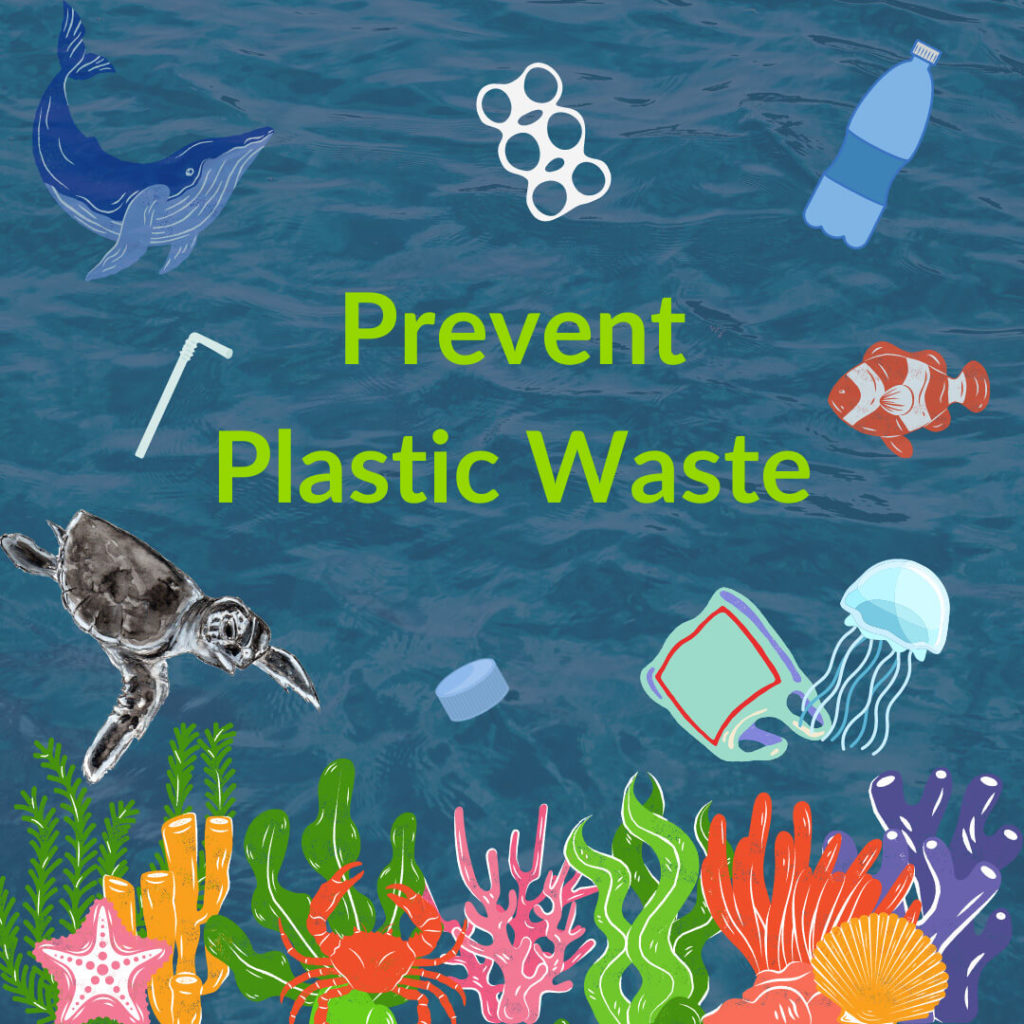
There are many small ways to reduce plastic waste, each have major implications for the ocean, climate change and the eco-system, here were some of our favourite that we shared:
• Use re-usable bags: To animals such as turtles, plastic bags look like their prey, jellyfish. Imagine the way a plastic bag moves in the water, it's just like the bobbing of a jellyfish. Sadly many animals ingest our single use bags. Can you encourage employees to stop using plastic bags for lunch or supply more eco options?
• Say no to plastic straws: Another single use plastic that ends up in the ocean, looking deceptively like another type of prey; shrimp! Why not go straw free at the office? Switching to paper or supplying metal straws will also help
• Invest in reusable bottles: Plastic bottles end up in the oceans, filling our seas with rubbish that won't break down for hundreds of years, but parts like bottle caps or plastic cups are also often found being used for habitats for small creatures like hermit crabs or small octopi
• Buy free roaming fruit: Fruit netting doesn't break down and can cause serious damage to our ocean friends, causing tangles and inability to swim or eat. Reduce the use of netting by purchasing loose or boxed fruit instead
Next up, How can we introduce circular economy principles to work?
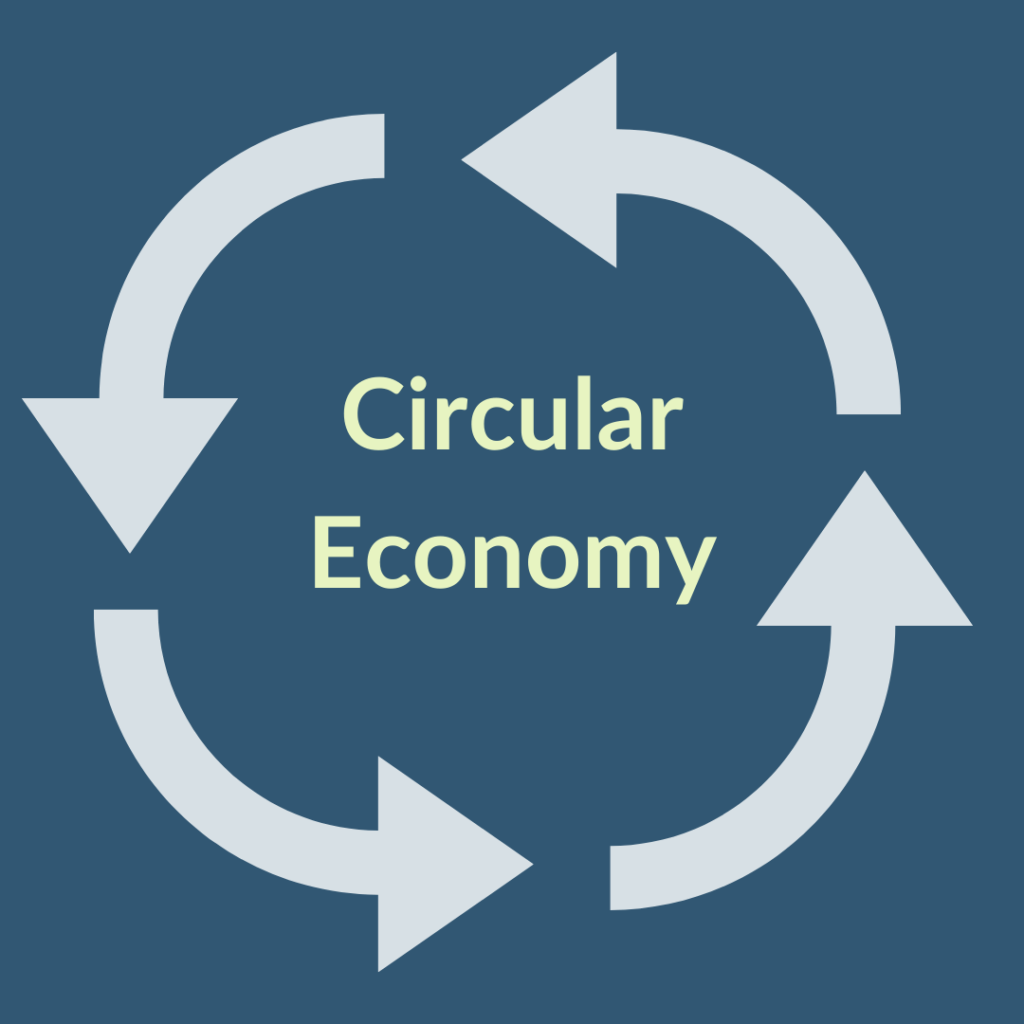
The top tips we found, to introduce circular economy principles are:
• Recycle better! So much recycling ends up in landfill because it was 'contaminated'... checking the guidelines and ensuring recycling is correctly separated is a simple change that can make a big difference.
• Start working towards your net zero goals
• Leave the car at home! Can you walk, cycle or commute via public transport?
• Recycle food waste or, if not collected in your area, start a compost heap
• Pick packaging carefully... making sure packaging used is recyclable is a great start, then make sure the recipients know how to recycle or reuse the packaging to encourage the next step in the chain!
• Select sustainable appliances, when selecting new appliances or if you're looking to make a switch for a better impact make sure you consider the sustainability and product lifecycle of an item... plus what happens to it at the end of its life!
And finally, to wrap up our blue week… we asked Can you use grey water at work?
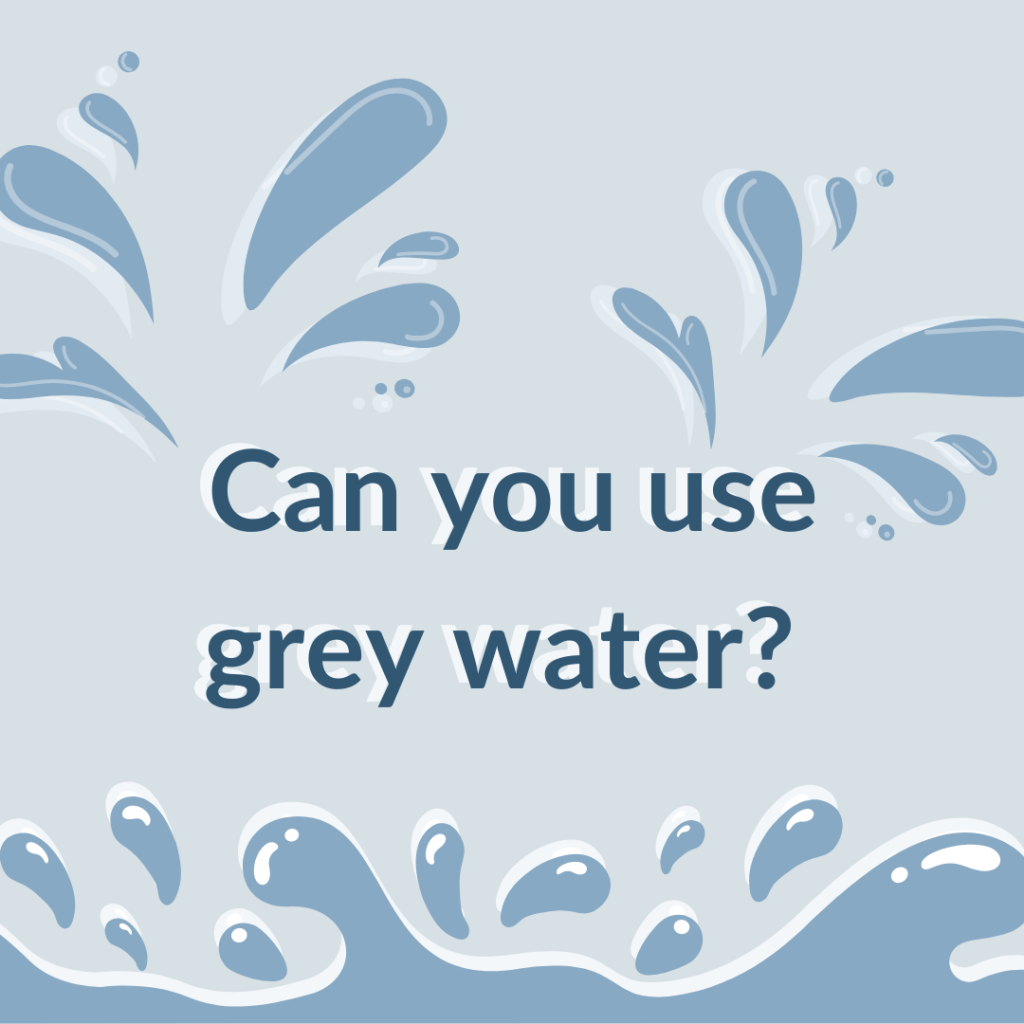
Wastewater can be collected and used for so many purposes…
One of our clients, WH Bence, collects rain water from the roof to test fire engines with!
Another client of ours, Burges Salmon , has a grey water system to flush the loos!
Whether implementing a full system within your processes, like these clients, or starting with collecting rainwater to water the plants, any grey water use can take a vital resource that has been going to waste and give it a new life. Not only reducing your waste and making a positive environmental impact... but also saving money!
The #30dayswild campaign may only be a month of wildlife friendly prompts, but the challenge encourages us to ask these important questions and look at the habits and small actions we can change to make a difference, every day through and after the campaign. So, why not ask yourself the questions and see what small changes it inspires for your business…
Can you reduce water consumption at work?
Can you prevent plastic waste at work?
How can we introduce circular economy principles to work?
Can you use grey water at work?